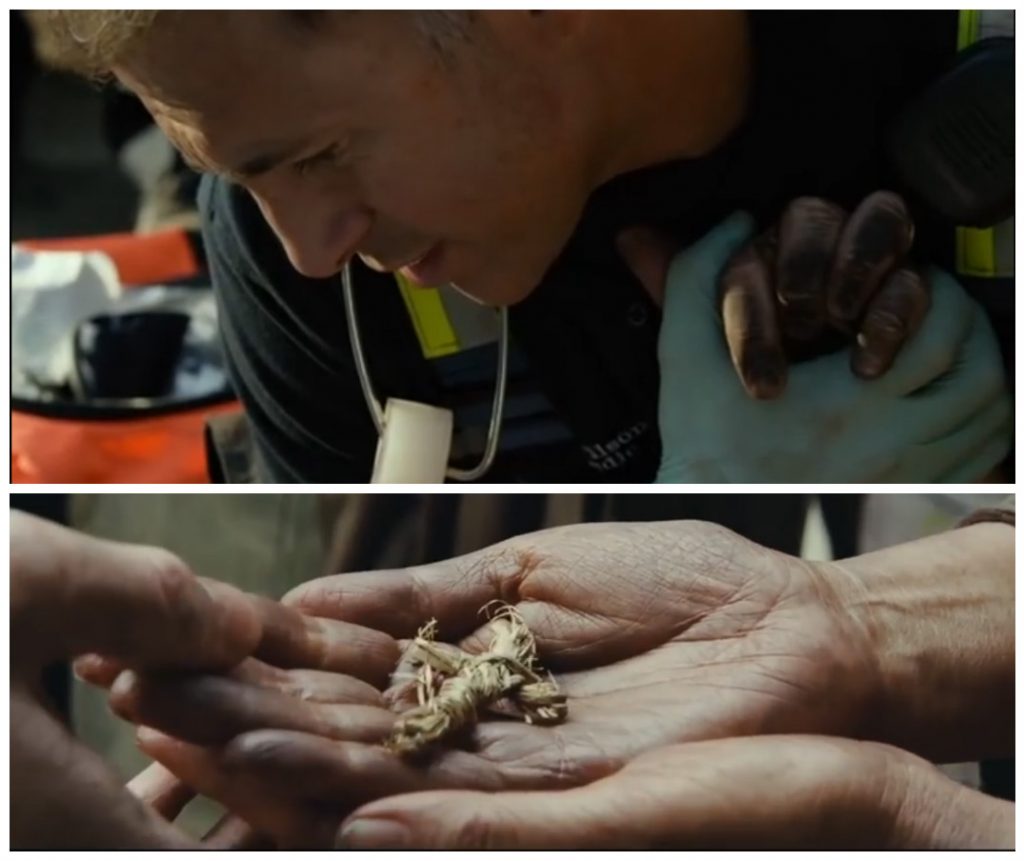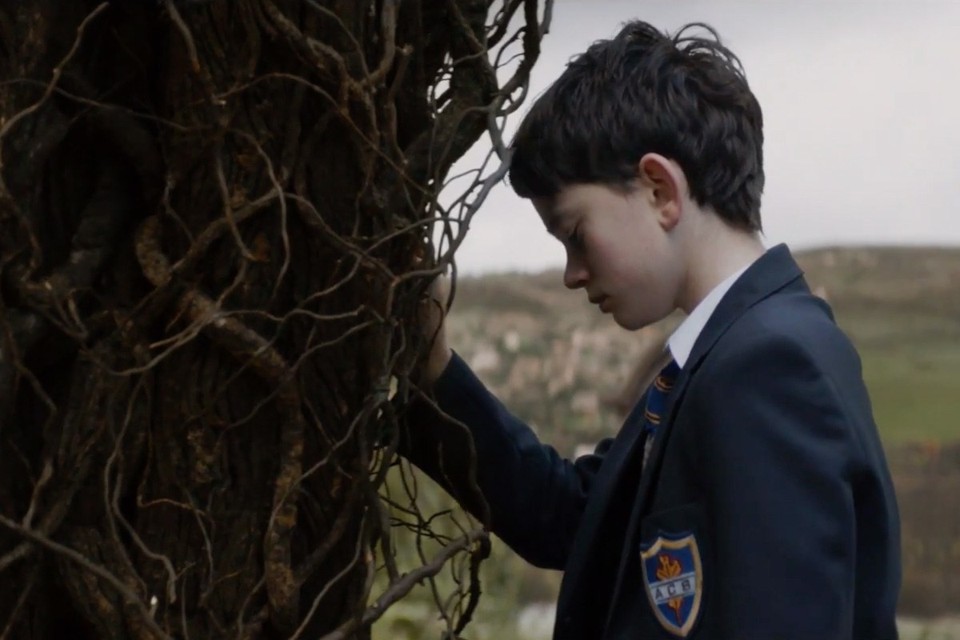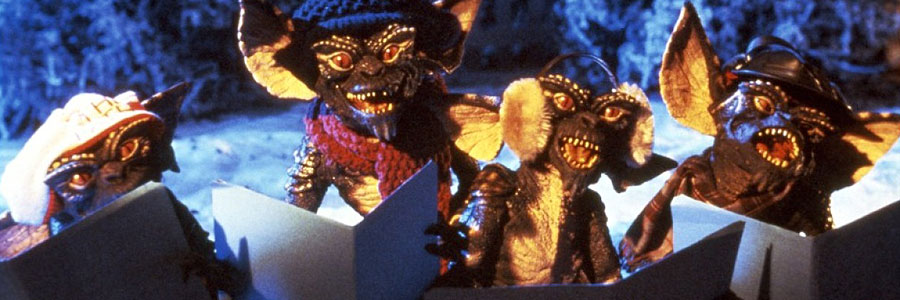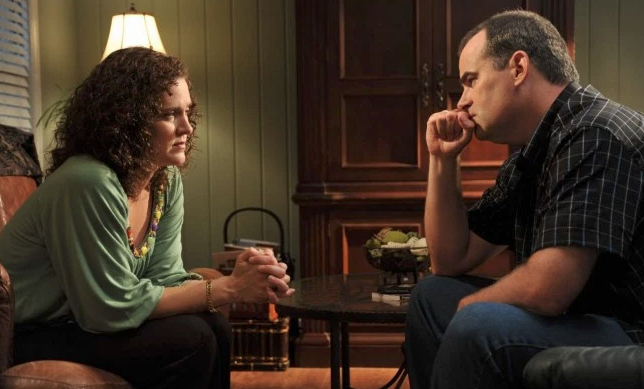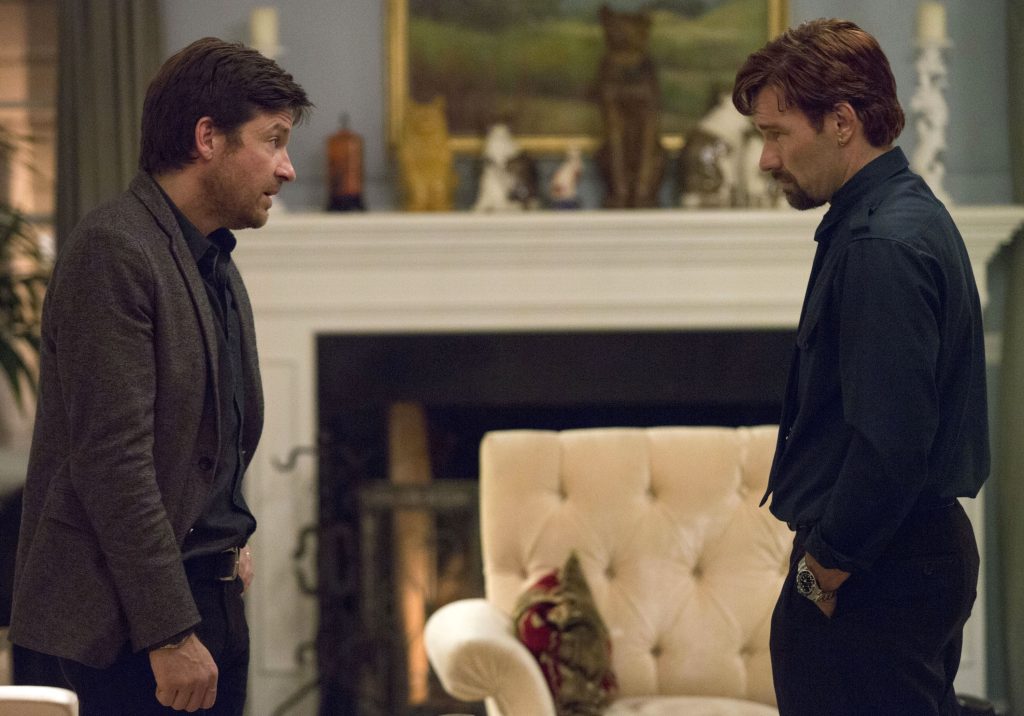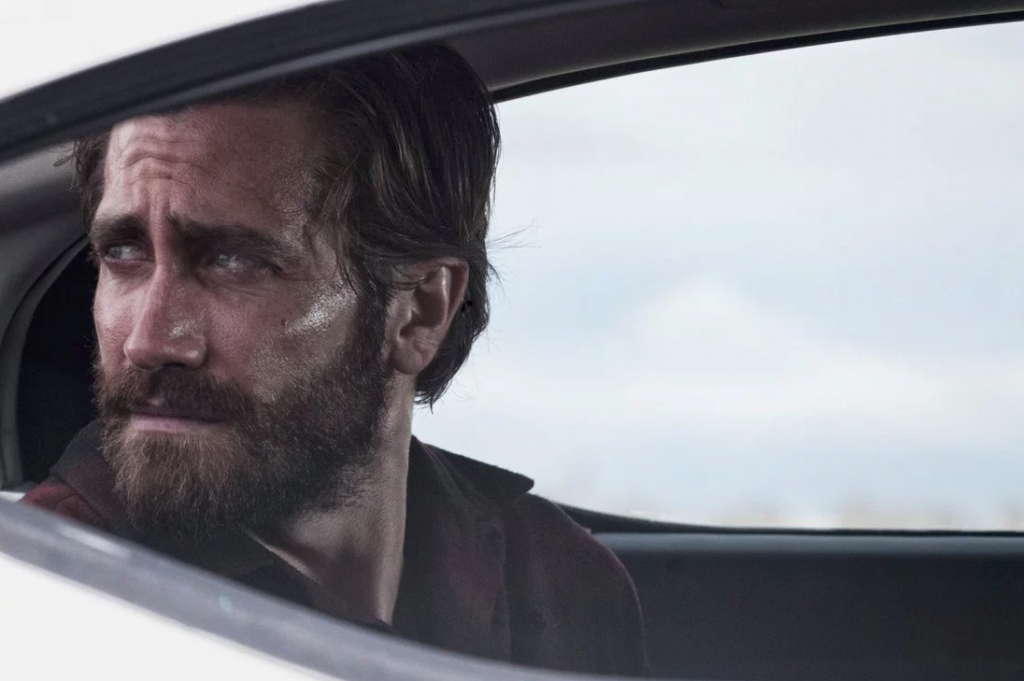The Sacramental Void in Evangelical Film, by Esther O’Reilly
27 Dec
One of the salient features of a particular kind of film marketed explicitly to evangelical Christians is the use of what Tyler Smith calls “the emblem.” Among other characteristics, it typifies what Tyler has classified under the umbrella of “Christian social drama” in his master’s thesis. Examples of this genre include movies like Fireproof, Courageous, War Room, God’s Not Dead, and Do You Believe. The form of the emblem varies from movie to movie, but consistently, there’s some monument or object that represents the characters’ commitment to family and faith.

